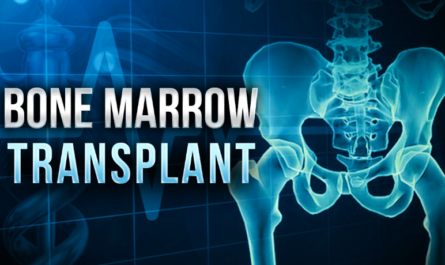However, early detection and surgical removal of cancerous tumors offers the best chance of survival. This article discusses the different types of lung cancer surgeries, what you can expect during recovery, and tips for preparing for surgery.
Types of Lung Cancer Surgery
There are various surgical options available to treat lung cancer depending on the size, location, and spread of the tumor. Some of the main types include:
– Wedge Resection: Small, early-stage lung cancers close to the edge of the lung can often be removed with a wedge resection. The surgeon removes a wedge-shaped section of the lung around the tumor.
– Lobectomy: For larger tumors located within one lobe of the lung, a lobectomy may be performed. The entire lobe containing the cancer is removed. This is one of the most common types of lung cancer surgery.
– Bilobectomy: For tumors involving two lobes of the same lung, a bilobectomy involves removing both lobes. This is a more complex surgery.
– Pneumonectomy: For large centrally located tumors, the entire lung may need to be removed in a pneumonectomy. This is a major operation and recovery takes longer.
– Sleeve Resection: Selected central tumors can sometimes be removed by slicing the lung around the tumor like a sleeve, and reattaching the remaining airways and blood vessels.
Preparing for Lung Cancer Surgery
Here are some tips for preparing for lung cancer surgery:
– Discuss the surgery thoroughly with your surgeon to understand what will happen. Ask any questions you have.
– Your doctor may request tests like CT scans, lung function tests or a heart evaluation before approving you for surgery.
– Quit smoking completely at least 6-8 weeks before surgery to reduce risks and help your lungs heal.
– Join a pulmonary rehab program before surgery to strengthen your lung capacity and build stamina for recovery.
– Arrange for help at home after being discharged from the hospital. Have nutritious meals prepared in advance.
– Arrive at the hospital on the scheduled day fully prepared with ID, insurance info, and any other requirements.
What to Expect During Recovery
Recovery from lung cancer surgery takes time depending on the procedure. Here is a general overview:
– Expect 3-5 days in the hospital initially for monitoring and pain management. You may have chest tubes draining fluid.
– Plan for 6-8 weeks at home to fully recover. Breathing deeply, coughing and moving around are important for healing.
– Pain control will need to be managed gradually with medication. Your doctor will advise on a plan.
– Physiotherapy will be prescribed to re-expand your lungs and build back stamina through breathing exercises.
– Daily activities may be limited for 4-6 weeks. Avoid lifting heavy weights or strenuous tasks. Get plenty of rest.
– Most people return to work within 4-6 weeks but continue to feel tired easily and need rest periods for 3 months.
Risks and Complications from Surgery
As with any major operation, there are inherent risks, but modern medicine and technology have significantly reduced them. Some potential complications of lung cancer surgery include:
– Bleeding – Chest tubes drain excess fluid and blood from the lungs into a collection system. Bleeding may require further medical procedures.
– Air leak – Small holes in the lung tissue where it has been cut can cause an air leak which usually seals on its own over time with rest.
– Infection – Lung surgeries carry a risk of infection in the lungs, wound or other internal areas. Antibiotics are prescribed to prevent this.
– Heart attack or stroke – Rarely, patients with pre-existing cardiac conditions may experience these more serious outcomes.
Overall, lung cancer surgery offers the best chance for survival and cure when the disease is diagnosed early. Thorough preparation and diligent follow-up care lead to optimal outcomes. Early detection remains key so don’t hesitate to consult a doctor about any lung-related symptoms. With continued medical advances, more lives are being saved each day through surgical removal of lung tumors.
Note:
1. Source: Coherent Market Insights, Public sources, Desk research
2. We have leveraged AI tools to mine information and compile it



